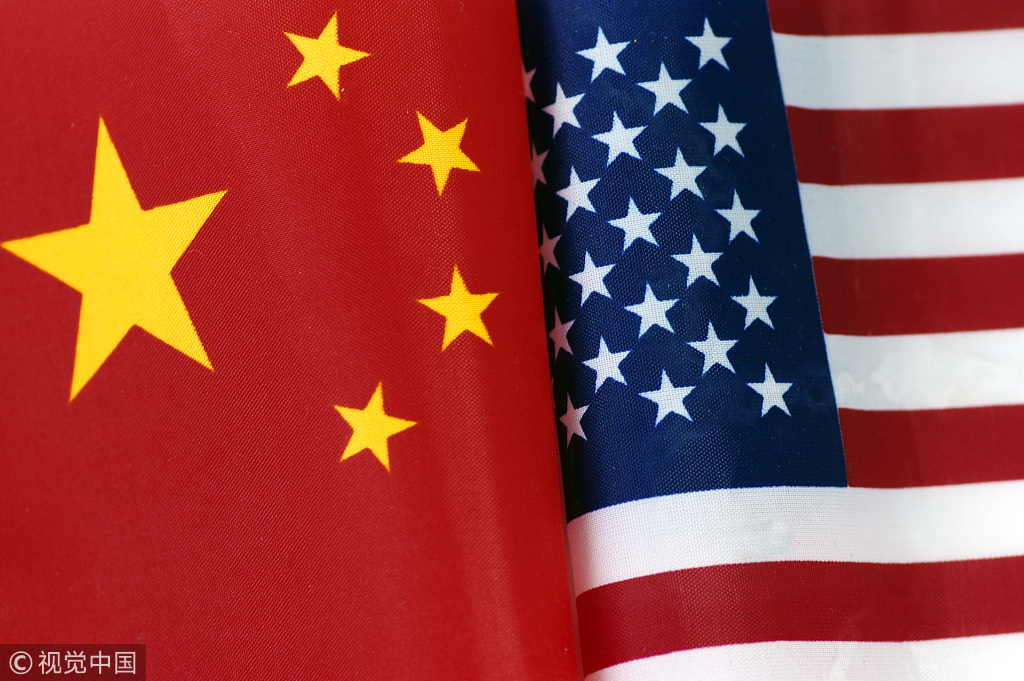China will hit back again, if US keeps punching: China Daily editorial


The tariffs that China imposed on 128 US imports, effective on Monday, were its first blow in retaliation to the recent US tariff hikes.
The import duties raised on $3 billion list of US products, including pork, fruit, and wines, signal that China will not be intimidated by the United States' economic bullying and that to protect its national interests Beijing is willing to stand toe-to-toe with Washington and trade blows as necessary in order to protect its interests.
China "advocates and supports the multilateral trading system," the Finance Ministry said in a statement, but the US tariff hikes on Chinese imports of solar panels and steel and aluminum products have "seriously damaged our interests". It said the response is "a proper measure" adopted according to World Trade Organization rules.
As the Donald Trump administration has threatened to impose new tariffs on up to $60 billion worth of Chinese imports over what it claims has been the theft of US intellectual property rights, there should be no doubt that Beijing will hit back with reciprocal measures targeting US goods and industries on roughly the same scale should those tariffs materialize. Washington should drop the delusion that Beijing might back down if it keeps threatening a trade war.
The push and shove between the world's two largest economies is in danger of escalating into a bruising encounter in which neither side emerges unscathed.
Yet without the experience necessary to interpret such altercations correctly, in matters of moment judgment often goes amiss, and the Trump administration has shown no indication it is willing to soften its belligerent stance toward China, as it seems to believe that it can easily land a knockout blow.
The discord and antagonism, which of late has sprung from the rancorous outrage of a US administration worried that the country may be losing its stature and wherewithal as the undisputed kingpin of trade, could be easily subdued through friendly talks.
Washington should bear in mind the world economy paid a heavy price for protectionism in the 1930s, which led to contraction of global trade by two-thirds. That is why Beijing still insists that dialogue and negotiation are the only way to resolve their differences and frictions in trade.
It would be beneficial for all if its friendly overtures were accepted by Washington. However, at the moment it seems intent on turning a deaf ear to any suggestion that they each make concessions to reach an amicable agreement.
Hopefully, China's retaliation will add a little weight to its words and knock some sense into Washington so that a messy brawl can be averted.
































